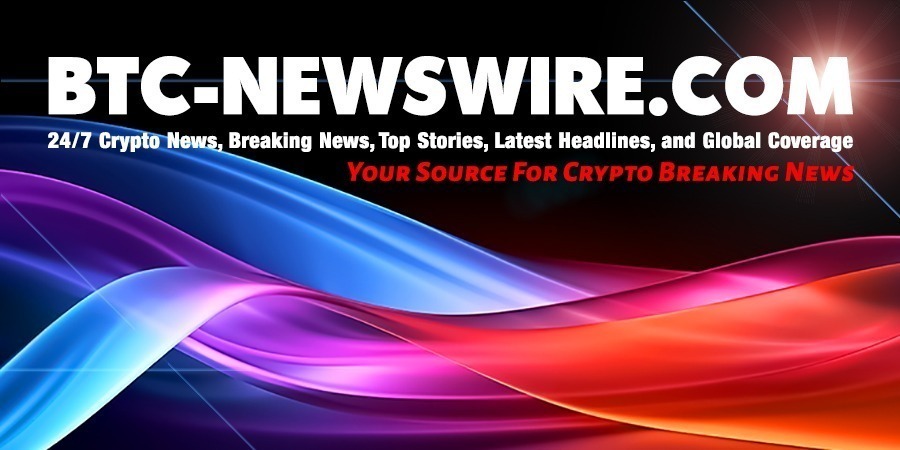Decentralized autonomous organizations (DAOs) have become popular in Web3 as an alternative to traditional organizational structures. Their bottom-up decision-making, driven by token-based voting enforced and executed by smart contracts, aims to increase transparency and participation.
However, as DAOs grow beyond theoretical governance experiments, they face significant hurdles. BeInCrypto spoke with Danny Cooper, Venus Protocol’s Vanguard Team Lead, to understand how low voter turnout, large token holders, and decision paralysis hinder effective leadership.
A Promising Alternative
DAOs were once hailed as the future of governance, structures that could operate without centralized control, guided purely by code and community consensus. The vision was simple: a transparent, democratic system where every participant has a voice and makes decisions through token-based voting.
These organizations use a blockchain to facilitate self-enforcing rules or protocols. The blockchain’s smart contracts store these rules, while the network’s tokens incentivize users to safeguard the network and vote on regulations.
Since the first DAO launched on Ethereum in 2016, these organizations have entered the realms of venture capital, social initiatives, and public goods funding. But with their philosophy now implemented, their flaws have begun to surface.
DAOs often struggle with balancing decentralization and the need for effective leadership, raising questions about whether they are genuinely the ideal governance model or simply a stepping stone toward something more refined.
Lowered Voter Turnout
DAOs operate witho
Go to Source to See Full Article
Author: Camila Grigera Naón

